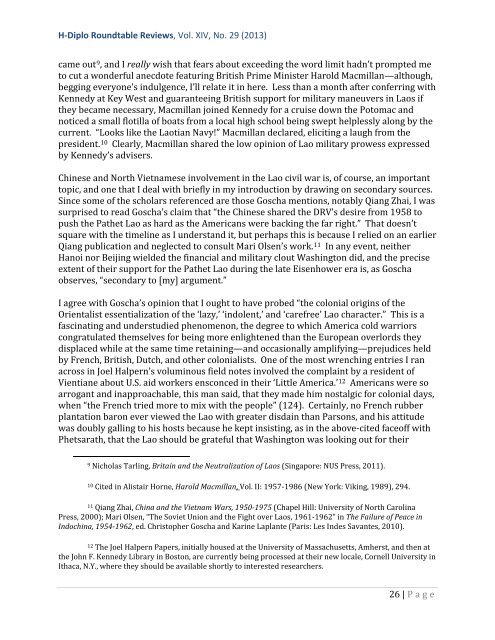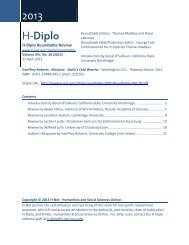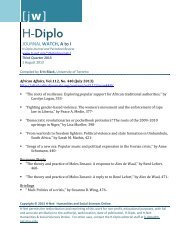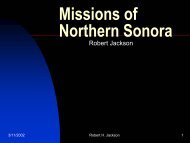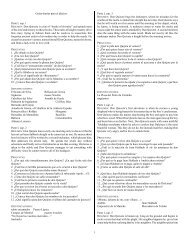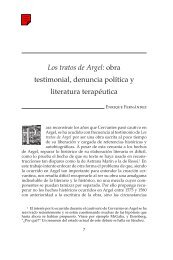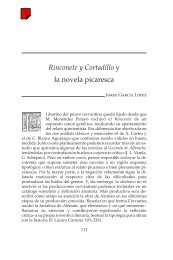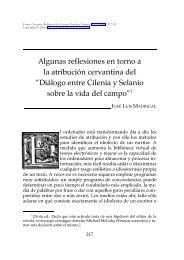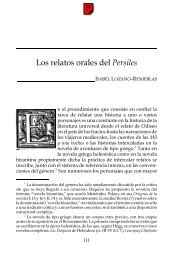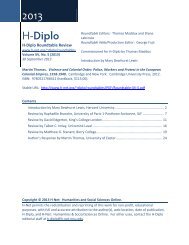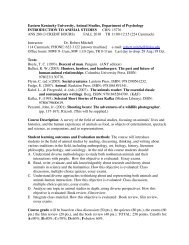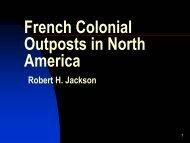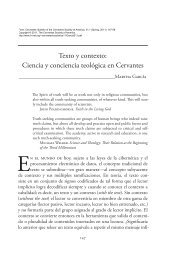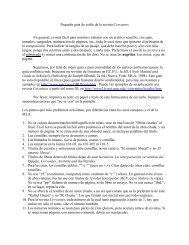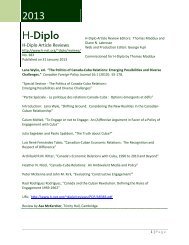H-Diplo Roundtables, Vol. XIV, No. 29 (2013) - H-Net
H-Diplo Roundtables, Vol. XIV, No. 29 (2013) - H-Net
H-Diplo Roundtables, Vol. XIV, No. 29 (2013) - H-Net
You also want an ePaper? Increase the reach of your titles
YUMPU automatically turns print PDFs into web optimized ePapers that Google loves.
H-<strong>Diplo</strong> Roundtable Reviews, <strong>Vol</strong>. <strong>XIV</strong>, <strong>No</strong>. <strong>29</strong> (<strong>2013</strong>)<br />
came out 9 , and I really wish that fears about exceeding the word limit hadn’t prompted me<br />
to cut a wonderful anecdote featuring British Prime Minister Harold Macmillan—although,<br />
begging everyone’s indulgence, I’ll relate it in here. Less than a month after conferring with<br />
Kennedy at Key West and guaranteeing British support for military maneuvers in Laos if<br />
they became necessary, Macmillan joined Kennedy for a cruise down the Potomac and<br />
noticed a small flotilla of boats from a local high school being swept helplessly along by the<br />
current. “Looks like the Laotian Navy!” Macmillan declared, eliciting a laugh from the<br />
president. 10 Clearly, Macmillan shared the low opinion of Lao military prowess expressed<br />
by Kennedy’s advisers.<br />
Chinese and <strong>No</strong>rth Vietnamese involvement in the Lao civil war is, of course, an important<br />
topic, and one that I deal with briefly in my introduction by drawing on secondary sources.<br />
Since some of the scholars referenced are those Goscha mentions, notably Qiang Zhai, I was<br />
surprised to read Goscha’s claim that “the Chinese shared the DRV’s desire from 1958 to<br />
push the Pathet Lao as hard as the Americans were backing the far right.” That doesn’t<br />
square with the timeline as I understand it, but perhaps this is because I relied on an earlier<br />
Qiang publication and neglected to consult Mari Olsen’s work. 11 In any event, neither<br />
Hanoi nor Beijing wielded the financial and military clout Washington did, and the precise<br />
extent of their support for the Pathet Lao during the late Eisenhower era is, as Goscha<br />
observes, “secondary to [my] argument.”<br />
I agree with Goscha’s opinion that I ought to have probed “the colonial origins of the<br />
Orientalist essentialization of the ‘lazy,’ ‘indolent,’ and ‘carefree’ Lao character.” This is a<br />
fascinating and understudied phenomenon, the degree to which America cold warriors<br />
congratulated themselves for being more enlightened than the European overlords they<br />
displaced while at the same time retaining—and occasionally amplifying—prejudices held<br />
by French, British, Dutch, and other colonialists. One of the most wrenching entries I ran<br />
across in Joel Halpern’s voluminous field notes involved the complaint by a resident of<br />
Vientiane about U.S. aid workers ensconced in their ‘Little America.’ 12 Americans were so<br />
arrogant and inapproachable, this man said, that they made him nostalgic for colonial days,<br />
when “the French tried more to mix with the people” (124). Certainly, no French rubber<br />
plantation baron ever viewed the Lao with greater disdain than Parsons, and his attitude<br />
was doubly galling to his hosts because he kept insisting, as in the above-cited faceoff with<br />
Phetsarath, that the Lao should be grateful that Washington was looking out for their<br />
9 Nicholas Tarling, Britain and the Neutralization of Laos (Singapore: NUS Press, 2011).<br />
10 Cited in Alistair Horne, Harold Macmillan, <strong>Vol</strong>. II: 1957-1986 (New York: Viking, 1989), <strong>29</strong>4.<br />
11 Qiang Zhai, China and the Vietnam Wars, 1950-1975 (Chapel Hill: University of <strong>No</strong>rth Carolina<br />
Press, 2000); Mari Olsen, “The Soviet Union and the Fight over Laos, 1961-1962” in The Failure of Peace in<br />
Indochina, 1954-1962, ed. Christopher Goscha and Karine Laplante (Paris: Les Indes Savantes, 2010).<br />
12 The Joel Halpern Papers, initially housed at the University of Massachusetts, Amherst, and then at<br />
the John F. Kennedy Library in Boston, are currently being processed at their new locale, Cornell University in<br />
Ithaca, N.Y., where they should be available shortly to interested researchers.<br />
26 | P age


